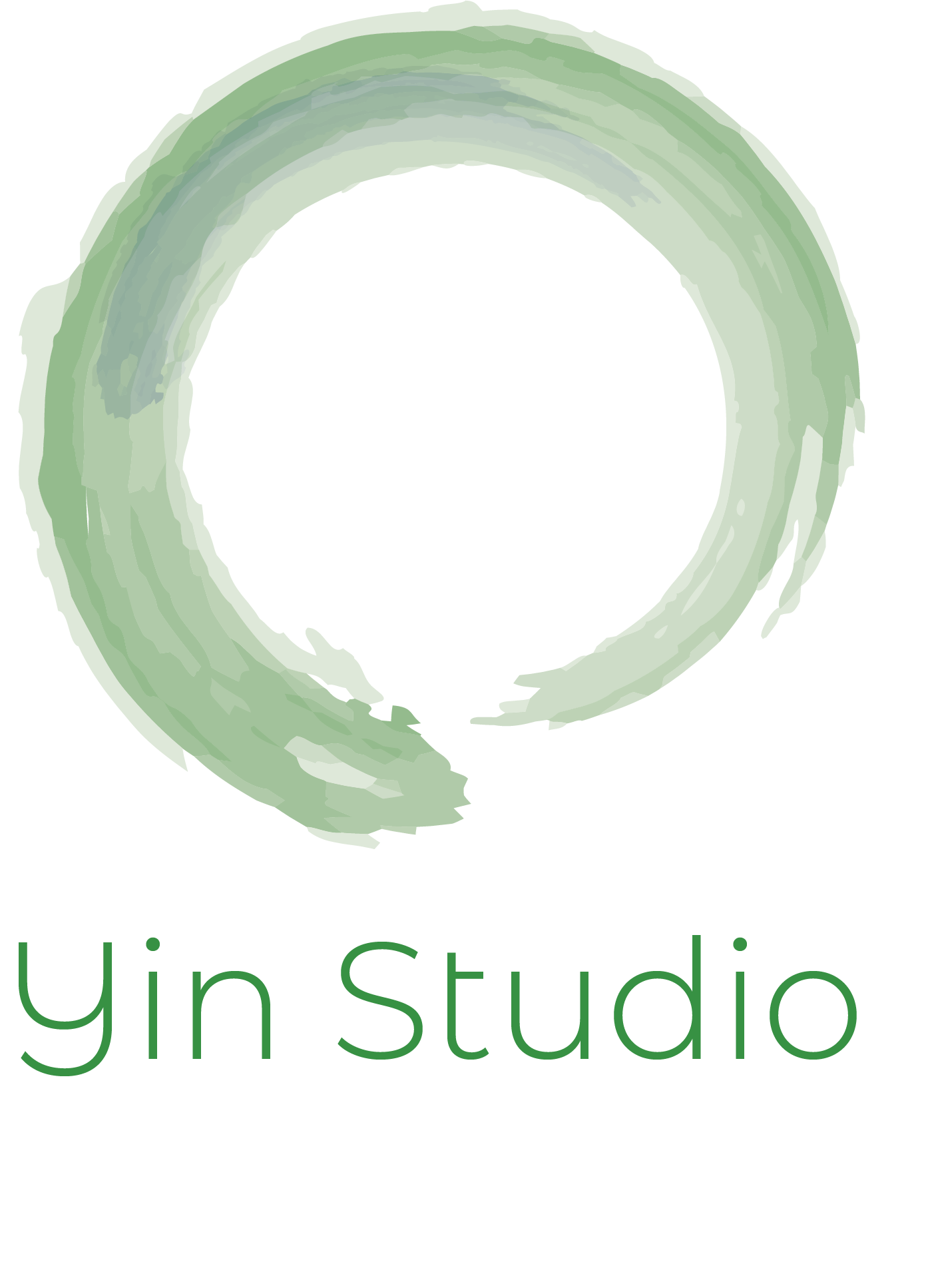For many women, the topic of hormones, periods and menopause is a no-go zone. However by understanding our body’s natural cycles can shed light on the ageing process and help us to feel empowered.
Read MoreEmbarking upon IVF treatment is not a decision that is made lightly, so it’s only natural for prospective parents to want to do everything they can to promote their chances of a successfully outcome.
To date there has been very little research into the area of acupuncture and IVF, however I thought I would explain some of the theory behind the Chinese medicine approach, to help you decide if it is something you’d like to explore.
Read MoreA woman’s body undergoes several changes during the different stages of her life. These changes can affect her physical and mental health as well as lead to health complications.
Acupuncture for women’s health is great for alleviating the symptoms from health problems that women experience during pregnancy, childbirth, postpartum, and menopause.
Here are some ways acupuncture can improve women’s health.
Read MoreBBT charting is an incredibly simple and useful tool in helping you (and us!) gain greater insight into the timing and quality of your menstrual cycle. The shifting of your hormones throughout your cycle is reflected in small changes in your body temperature, and BBT charting helps us to really see what is going on and what could be contributing to your health issues. For a smooth and healthy period, your body needs to be producing the right levels of the right hormones at the right times – not always an easy task in our chemical-filled, stressed out lives.
Read MoreOestrogen and progesterone are partners in a way and need to be in balance to offset the actions of each other. This also means even if you do have a healthy amount of oestrogen but your ratio between the two in the varying stages of the cycle are not balanced, you may also notice negative symptoms.
Oestrogen dominance or excess of oestrogen can happen at any age but the most common time period is between 35 and 50. Find out what you can do to balance your hormones naturally …
The endometrium is the lining of the uterus. It is one of the few organs in the human body that changes in size every month throughout a person’s fertile years. Each month, as part of the menstrual cycle, the body prepares the endometrium to host an embryo. Endometrial thickness increases and decreases during the process.
Two hormones, oestrogen and progesterone, prompt these cycles of endometrial growth and its shedding through menstruation if a pregnancy does not develop.
What factors can cause an endometrial lining to be too thin?







